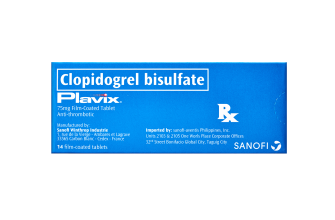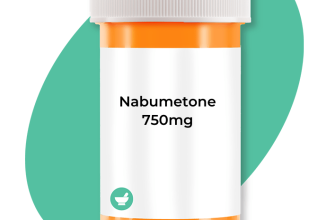Propranolol helps control fast heartbeats and reduce blood pressure. It’s a beta-blocker, meaning it affects your heart and blood vessels. Dosage varies greatly depending on the condition being treated and individual patient factors; always follow your doctor’s instructions precisely.
Common Uses
- High blood pressure (hypertension): Propranolol lowers blood pressure by slowing your heart rate and relaxing blood vessels. Typical starting doses range from 40mg to 80mg daily, often divided into two doses.
- Angina: It reduces the heart’s workload, decreasing the chest pain associated with angina. Dosage depends on severity; your doctor will determine the appropriate regimen.
- Migraines: Propranolol can help prevent migraines by affecting blood vessel dilation. Typical dosages for migraine prophylaxis begin at 40mg per day, possibly increasing to a maximum of 160mg daily.
- Performance Anxiety: In some cases, it may be prescribed to alleviate the physical symptoms of anxiety such as tremor and rapid heartbeat before public speaking or other performances. Dosage is determined on a case-by-case basis by your doctor.
Possible Side Effects
Like all medications, Propranolol can cause side effects. These are often mild but should be reported to your physician. Common side effects include dizziness, fatigue, nausea, and cold hands and feet. More serious, though rare, side effects require immediate medical attention. Always consult your doctor about any concerns.
Important Considerations
- Drug Interactions: Propranolol interacts with several other medications. Always inform your doctor of all medications, supplements, and herbal remedies you are taking.
- Underlying Conditions: Individuals with certain conditions, such as asthma, bradycardia (slow heart rate), or certain heart blocks, may not be suitable candidates for Propranolol. Open communication with your doctor is vital.
- Pregnancy and Breastfeeding: Propranolol use during pregnancy and breastfeeding requires careful consideration and close monitoring by your physician. Consult your doctor before using this medication if you are pregnant, plan to become pregnant, or are breastfeeding.
This information is for educational purposes only and does not substitute professional medical advice. Always consult your physician or other qualified healthcare provider with any questions you may have regarding a medical condition or treatment and before undertaking a new health care regimen.
Potential Side Effects and Precautions
Consult your doctor before starting Propranolol, especially if you have asthma, heart problems, or liver/kidney disease. This medication can cause fatigue, dizziness, and nausea. These usually subside.
Low blood pressure is a possibility. Monitor your blood pressure regularly, especially initially. If you experience significant drops, contact your doctor.
Bradycardia (slow heart rate) can occur. Report any unusually slow heartbeat. Your doctor may need to adjust your dosage.
Some people experience cold hands and feet. Dress warmly, especially in colder weather.
Propranolol can mask symptoms of hypoglycemia (low blood sugar) in diabetics. Monitor your blood sugar carefully.
Sleep disturbances, such as insomnia or vivid dreams, are reported by some users. Avoid driving or operating machinery if affected.
Rarely, Propranolol may cause serious allergic reactions. Seek immediate medical attention if you experience swelling, difficulty breathing, or rash.
Withdrawal symptoms can happen if you stop abruptly. Your doctor should help you taper off the medication gradually.
This information is for guidance only. Always follow your doctor’s instructions and report any concerns immediately.







